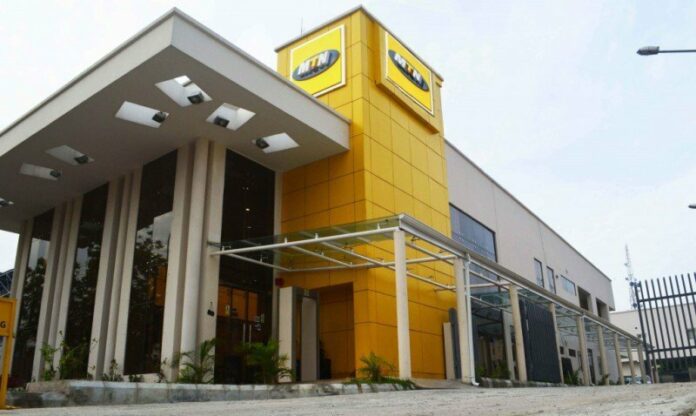MTN Nigeria has increased the prices of its data plans, marking the latest move in the wake of the Nigerian Communications Commission’s (NCC) approval for a 50 percent increase in telecom service costs. The price hikes have raised concerns among Nigerians, with many questioning how the higher costs will affect their ability to afford data and make use of telecom services.
The move follows the NCC’s decision to approve a price hike for telecom services, including calls, data, and SMS, on January 20, 2024. This marked the first significant price increase in over a decade. The price adjustments by MTN Nigeria have led to an outcry from customers, many of whom rely heavily on affordable data for work, education, and communication. The changes come at a time when inflation is already putting pressure on household budgets, and many Nigerians are struggling with the rising cost of living.
MTN’s new pricing structure shows significant increases across a range of plans. One of the most notable changes is in the weekly data plan. The 15GB per week plan has risen to N6,000, up from N2,000. Other plans have also seen price hikes. The 1.8GB monthly plan now costs N1,500, replacing the previous 1.5GB plan that was priced at N1,000. The 20GB plan has increased to N7,500, up from N5,500, and the 15GB plan is now N6,500, an increase from N4,500.
For higher data consumption, the 90-day 1.5TB plan has gone up from N150,000 to N240,000, while the 600GB 90-day plan has increased from N75,000 to N120,000. Additionally, multi-month plans have also seen price adjustments: a 100GB two/three-month plan for N20,000 is now 90GB for N25,000, and the 160GB for N30,000 plan has been reduced to 150GB for N40,000.
The price increases have stirred frustration among many Nigerian consumers. Data is an essential part of daily life in Nigeria, with many people depending on it for communication, work, and entertainment. For many, especially those in lower-income brackets, the new prices may make it more difficult to stay connected.
“I don’t know how I’m going to cope with these new prices. I rely on data for my work and also to stay in touch with family. These price hikes are really tough on people like me,” said Tosin Ajayi, a small business owner in Lagos.
For many Nigerians, the increase in the cost of data could also make it harder for students to access online educational resources, especially in rural areas where internet access is already limited.
“I already have to struggle to pay for data every month, and now, with this increase, it’s going to be even harder,” said Adaeze Okoro, a student at one of the Federal University. “It’s already expensive to learn online, and now it’s even worse. I don’t know what will happen to students like me who can’t afford these new prices.
The telecom industry in Nigeria has been grappling with several challenges, including infrastructure gaps, rising operational costs, and the effects of inflation. The NCC’s decision to approve the price hike is seen as a response to these issues. According to the regulatory body, the hike was necessary to ensure that telecom operators can continue to invest in infrastructure and innovation.
“The increase in service costs is meant to support the ability of operators to continue investing in infrastructure and innovation. This will ultimately benefit consumers through better network quality, improved customer service, and more extensive coverage,” said the NCC in a statement.
Telecom companies, including MTN, have faced rising costs due to the need for constant investments in network maintenance and expansion. In addition, the country’s unstable power supply, which forces operators to rely on expensive generators, has also added to the cost burden for these companies.
However, many consumers are concerned that the price hike could disproportionately impact the poor and vulnerable, who are already grappling with the country’s challenging economic conditions.
While MTN has already increased its prices, Airtel and Globacom are expected to follow suit. This is due to the NCC’s approval for the 50 percent increase in service costs, which affects all telecom operators in the country. This could mean that Nigerians will soon face higher prices from other service providers as well.
Airtel, in particular, has been known for offering competitive pricing on data plans, so many Nigerians are wondering whether the company will adopt similar price adjustments in the coming weeks. Globacom, another key player in the market, is also expected to raise its prices, although the company has not yet announced any specific increases.
The reaction from consumers has largely been negative, with many expressing frustration over the rising costs. The country is already grappling with high inflation, and many households are struggling to make ends meet. For many Nigerians, the price hike in telecom services comes at an especially challenging time.
Despite the concerns, telecom companies have defended the price hikes, arguing that the increase is necessary for the sustainability of the industry and to ensure that consumers continue to receive quality services.
As MTN and other telecom companies continue to adjust their prices, Nigerian consumers will be watching closely to see how these changes affect their daily lives.

